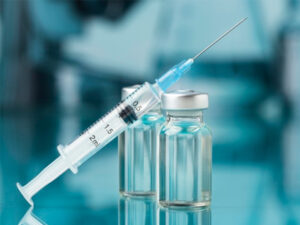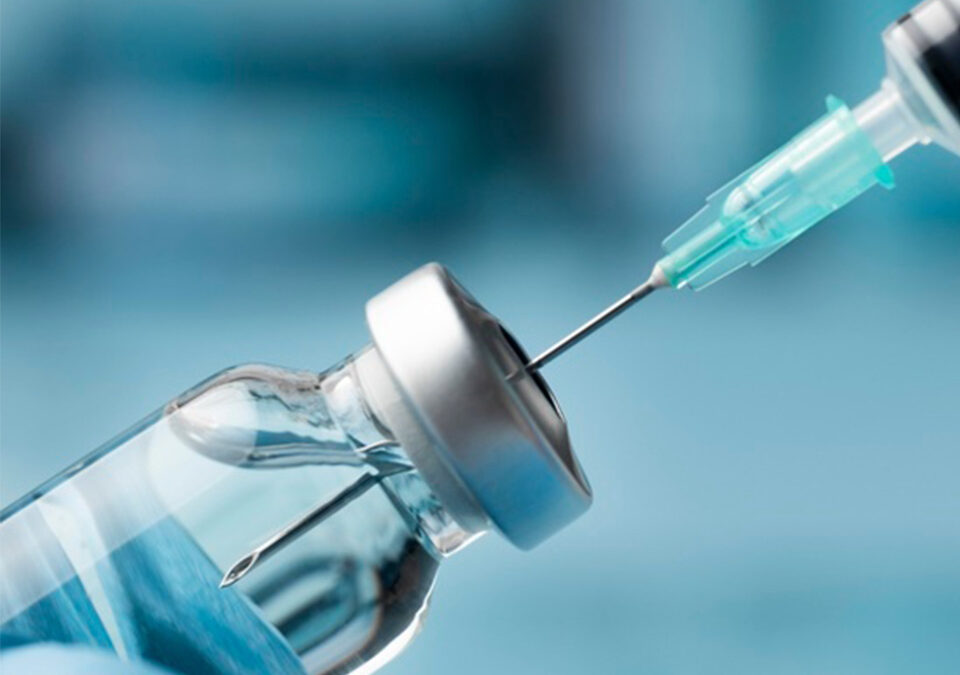
Is Working Out after Insulin Safe?
December 9, 2021
Impacts Of Juvenile Diabetes On Children’s Mental Health
December 9, 2021Type 1 diabetes is a chronic disease in which the immune system attacks the insulin-producing cells in the pancreas and kills them, leading to high blood sugar levels in the body. A person with type 1 diabetes requires continuous doses of insulin via injection or a pump to maintain the functioning of the body. However, even after insulin doses, these people tend to suffer from hypoglycemia and hyperglycemia. Therefore, the researchers have been trying to discover vaccines to treat and prevent type 1 diabetes or juvenile diabetes while keeping the insulin-producing cells alive. One such vaccine is the inverse vaccine. It is still under preliminary research, but tests have shown promising results.
What Is The Inverse Vaccine?
An inverse vaccine is an approach in which the person’s own immune cells are used with vitamin D to treat type 1 diabetes. It is referred to as an inverse vaccine because it reverses or stops certain immune responses rather than activating them.
How Does An Inverse Vaccine Work?
In an inverse vaccine, the immune cells of the person are used to create dendritic cells. These cells are grown in a liquid containing vitamin D3, which is known to have anti-inflammatory effects. Vitamin D3 is also highly effective in regulating the immune system.
These anti-inflammatory dendritic cells, once administered, help the immune cells ignore the insulin-producing beta cells in the pancreas, thereby preventing their destruction. Thus, an inverse vaccine engages the immune system and works on the root cause of type 1 diabetes.
An inverse vaccine is administered in two injections, a primer and a booster. The phase-I study of the vaccine has been conducted, and it is found to be safe and well-tolerated, without any adverse reaction. Further studies are still being conducted to ensure the safety and success of this vaccine.

What Are The Benefits Of The Inverse Vaccine?
- Prevents and Treats Type 1 Diabetes:
The inverse vaccine is highly effective in preventing as well as treating type 1 diabetes. It stops the attack on the insulin-producing beta cells with the help of dendritic cells and prevents the onset of diabetes.
- No Immunosuppression:
An inverse vaccine does not involve immunosuppression and rather aims to engage the immune system to prevent type 1 diabetes. Therefore, the normal functioning of the immune system does not get affected.
- Works At the Root Cause:
In type 1 diabetes, the immune cells attack the insulin-producing cells in the body. An inverse vaccine trains these immune cells to ignore the insulin-producing beta cells and prevents the root cause of type 1 diabetes.
- Safe and Permanent Results:
Since the inverse vaccine aims at training the immune system, rather than suppressing it, it is considered safer than its counterparts. Researchers also believe that the results are more permanent and successful with an inverse vaccine. They also believe that an inverse vaccine will be highly effective in preventing many diabetes complications such as neuropathy.
Takeaway:
An inverse vaccine uses the immune cells of the person to treat type 1 diabetes. It does not suppress the immune system and works to eliminate the root cause of type 1 diabetes. Researchers believe that this vaccine is safe and will generate permanent results. It is still under clinical study, but the tests conducted so far have shown promising results.




